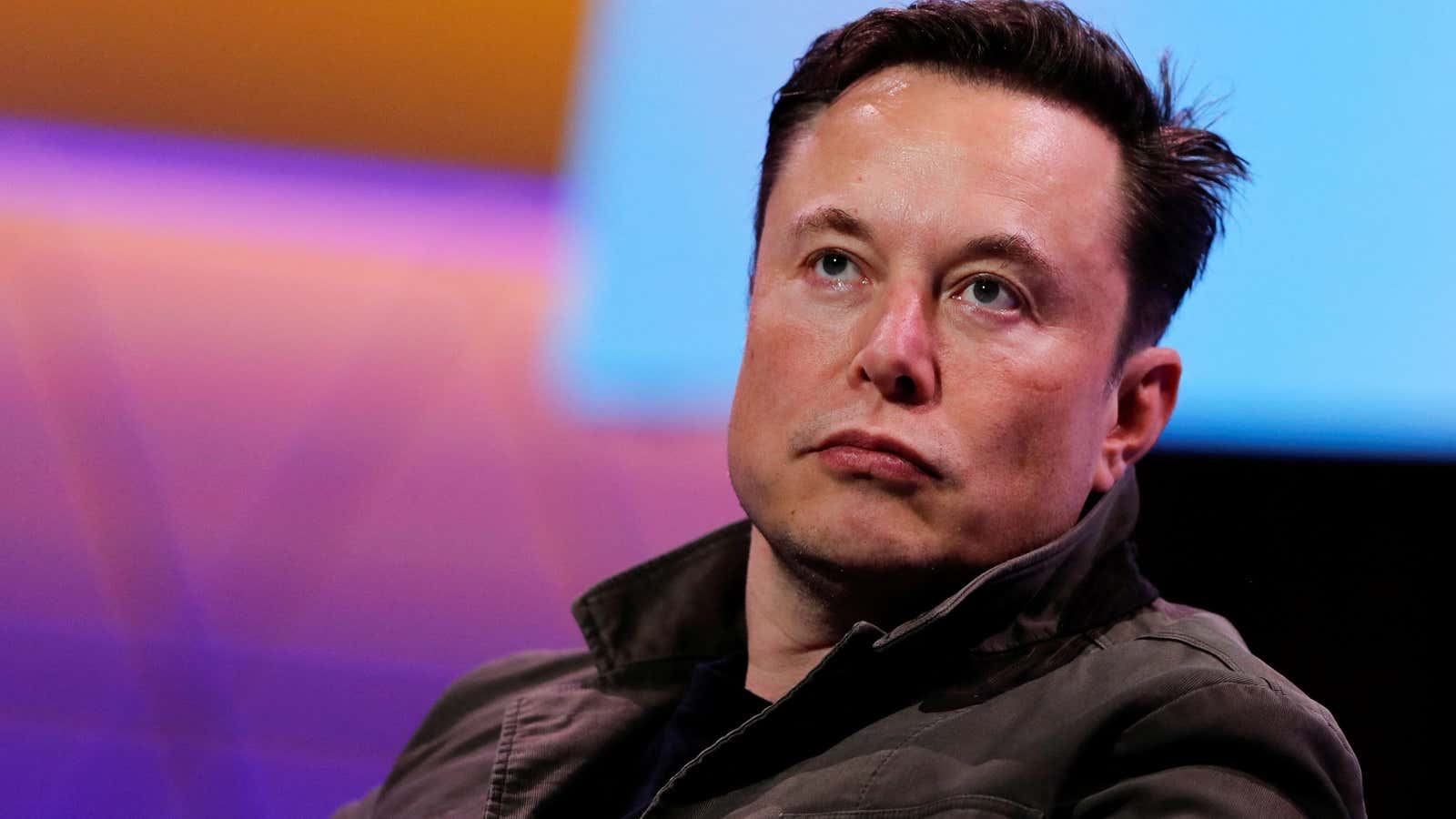Despite seeking a toehold in the Indian electric vehicle (EV) market over the past three years, Elon Musk’s Tesla hasn’t been successful. If recent developments are anything to go by, the American automaker may have to wait longer.
The impasse between prime minister Narendra Modi’s government and Tesla over import duties and local manufacturing is heading for a dead-end, according to news agency Reuters.
Quoting anonymous people with the knowledge of the matter, Reuters, on Jan. 20, reported that the Modi government is unconvinced by “Tesla’s lobbying as the company has not yet shared any firm plan to invest in the country.”
“Things are not moving ahead (for Tesla),” Reuters quoted an anonymous government source as saying, who described the current scenario as the “weird stalemate situation.”
So, what’s hampering Tesla’s India debut?
India wants the company to manufacture locally and benefit the domestic industry. The Texas-based automaker plans to ship its models to India from China, a low-cost manufacturing hub.
This makes Tesla’s India entry difficult, say some industry experts, especially amid the prevailing border tension between the two countries.
“Secondly, lowering Tesla’s import tariff will encourage international EV companies to demolish Indian EV manufacturers and startups,” explained Sushant Kumar, CEO and MD of AMO Electric Bikes, a two-wheeler EV firm.
Earlier the Tata Group and cab aggregator Ola’s CEO Bhavish Aggarwal had objected to Tesla’s demand. Nevertheless, the chorus from global carmakers to cut taxes on imported vehicles has only grown louder.
India imposes a 100% import duty on fully imported cars with cost, insurance, and freight value of over $40,000 (Rs29.7 lakh). Cars costing less than that attract an import duty of 60%.
Will Tesla make its way to India ever?
The US auto firm registered its India unit last year in Karnataka’s Bengaluru. But uncertainty looms over actual sales—on Jan. 13, Musk acknowledged this problem.
Meanwhile, the state of Maharashtra has written to the central government seeking a nod for Tesla, saying such a move will open the roads for more global companies in India.
Maharashtra, an auto hub of the country, has voiced its support for Tesla after top politicians from at least four states—Telangana, Punjab, West Bengal, and Tamil Nadu—unofficially invited CEO Musk to launch operations.
However, none of the states has the authority to bypass the centre and the issue of higher tax imports remained as the main hurdle in Tesla’s entry into India.
Will a delayed Tesla entry hit India’s EV sector?
Initially, Tesla was widely expected to energise India’s nascent EV industry. But over the years, a lot has changed. With various incentives offered by the centre and state governments alike, more people are taking to EVs seriously.
“India is already witnessing the entry of traditional and new OEMs in the EV sector. The government is very bullish on EVs and production linked incentives (PLIs) are also being set in place to boost local manufacturing,” explained Mohit Yadav, co-founder of an EV infrastructure firm BOLT.
The Modi government has approved a PLI scheme of Rs26,058 crore to boost local manufacturing. Furthermore, the industry expects more offerings in the upcoming budget on Feb. 1.
“Tata is also interested in collaborating with Taiwanese semiconductor industries to boost India’s local manufacturing of chips. This will embolden the government to make India a major hub of semiconductor chips, which are widely used in EVs,” said Kumar.
